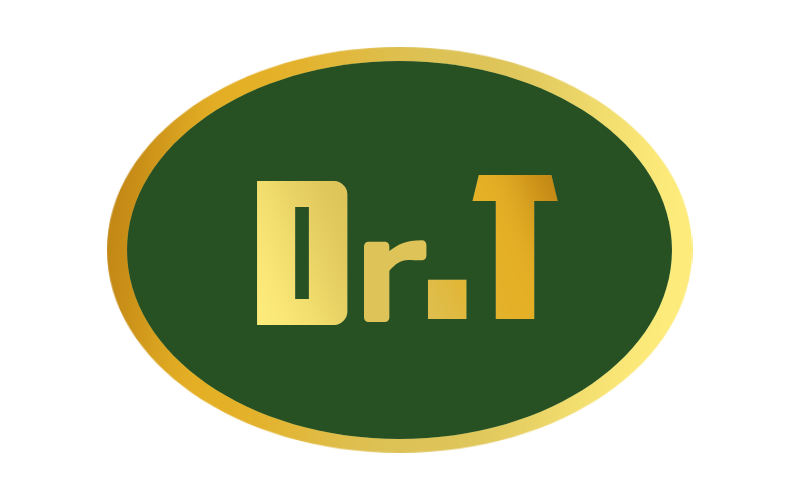In our modern, hectic world, stress has become a common part of life for many. Whether it’s work pressures, personal challenges, or the relentless pace of modern life, stress can take a significant toll on our physical and mental well-being. Managing stress effectively is crucial for maintaining overall health and ensuring we remain calm and focused in the face of life’s challenges. By adopting specific techniques, we can navigate stress more effectively and improve our quality of life.
Understanding Stress and Its Impact
Stress is the body’s natural response to perceived threats or challenges, triggering a cascade of physical and emotional reactions. While a little bit of stress can be a good thing, pushing us to get things done and do our best, chronic stress can lead to a host of health problems, including anxiety, depression, heart disease, and weakened immune function. Understanding the nature of stress and its impact on our bodies is the first step towards managing it effectively.
Techniques for Effective Stress Management
One of the most effective ways to manage stress is through mindfulness meditation. This practice involves paying attention to the present moment without judgment, allowing us to gain perspective on our stressors and respond more calmly. Regular mindfulness meditation has been shown to reduce stress levels, improve concentration, and enhance emotional regulation. Even a few minutes of mindful breathing each day can make a real difference.
Physical activity is another powerful stress management tool. Exercise releases endorphins, the body’s natural stress relievers, and helps to clear the mind. Engaging in activities such as walking, jogging, yoga, or even dancing can provide an immediate mood boost and a long-term reduction in stress levels. Additionally, regular exercise promotes better sleep, which is crucial for managing stress effectively.
Developing a support network is essential for coping with stress. Talking to friends, family, or a mental health professional can provide emotional support and practical advice. Sharing our feelings and concerns with others can lighten the emotional load and offer new perspectives on our challenges. It’s important to reach out and connect with others, rather than trying to handle stress alone.
Creating a Balanced Lifestyle
A balanced lifestyle is key to managing stress. This includes maintaining a healthy diet, getting adequate sleep, and setting aside time for relaxation and hobbies. Eating a balanced diet rich in fruits, vegetables, whole grains, and lean proteins can provide the nutrients needed to support our bodies during stressful times. Prioritizing sleep is also crucial, as insufficient rest can exacerbate stress and hinder our ability to cope.
Setting realistic goals and managing our time effectively can also reduce stress. Breaking tasks into smaller, manageable steps and prioritizing them can prevent feeling overwhelmed. It’s important to recognize our limits and avoid taking on too much at once. Learning to say no and setting boundaries is essential for maintaining a healthy balance between work and personal life.
The Role of Relaxation Techniques
Incorporating relaxation techniques into our daily routine can help to manage stress. Techniques such as deep breathing exercises, progressive muscle relaxation, and guided imagery can promote relaxation and reduce the physical symptoms of stress. Deep breathing, for example, activates the body’s relaxation response, lowering heart rate and blood pressure. Practicing these techniques regularly can build resilience against stress.
Conclusion
Dealing with stress is a crucial skill for handling the challenges of our busy lives. By incorporating mindfulness, physical activity, a balanced lifestyle, and relaxation techniques into our daily routines, we can effectively reduce stress and enhance our ability to stay calm and focused. Cultivating these habits not only improves our mental and physical health but also leads to a more fulfilling and balanced life.

